A CONTEST OF IDEAS
THE WORKING CLASS IN AMERICAN HISTORY
Editorial Advisors
James R. Barrett, Julie Greene, William P. Jones,
Alice Kessler-Harris, and Nelson Lichtenstein
A Contest of Ideas
Capital, Politics, and Labor
NELSON LICHTENSTEIN

2013 by the Board of Trustees
of the University of Illinois
All rights reserved
Manufactured in the United States of America
1 2 3 4 5 C P 5 4 3 2 1
 This book is printed on acid-free paper.
This book is printed on acid-free paper.
The Center for the Study of Work, Labor, and Democracy at UCSB
provided financial support for the publication of this volume.
Library of Congress Cataloging-in-Publication Data
Lichtenstein, Nelson.
A contest of ideas : capital, politics, and labor / Nelson Lichtenstein.
Pages cm. (The working class in American history)
Includes bibliographical references and index.
ISBN 9780252037856 (hardcover : alk. paper)
ISBN 9780252079405 (pbk. : alk. paper)
ISBN 9780252095122 (e-book)
1. LaborUnited StatesHistory. 2. Labor unionsUnited StatesHistory. 3. Working classUnited StatesHistory. 4. CapitalismUnited StatesHistory. I. Title.
HD8066.L527 2013
331.0973dc23 2013003507
To Richard Arneson, who has heard all of this in the mountains
CONTENTS
ACKNOWLEDGMENTS
Since the essays and interventions in this volume reach back, in some instances, more than thirty years, an acknowledgment of those who have helped along the way constitutes something close to a list of all who have influenced my view of history and politics during those years. Some have been in the academy and others not; some have offered a close, critical analysis of a particular essay, while others have shaped my worldview in a more general sense. Most are alive, but a few are gone. I owe a debt to Richard Appelbaum, Eric Arnesen, Richard Arneson, Eileen Boris, Howard Brick, David Brody, Charles Capper, Melvyn Dubofsky, Howard Erlanger, Leon Fink, Richard Flacks, Dana Frank, Steve Fraser, Joshua Freeman, Daniel Geary, Gary Gerstle, Martin Glaberman, Howell Harris, Meg Jacobs, Sanford Jacoby, Michael Kazin, Jennifer Klein, Robert Korstad, Joanne Landy, John Logan, Harold Meyerson, David Montgomery, Bruce Nelson, Alice OConnor, Michael Parker, Christopher Phelps, Michael Rogin, Roy Rosenzweig, Reuel Schiller, Ellen Schrecker, Elizabeth Shermer, Alison Silver, Judith Stein, David Thelen, Jean-Christian Vinel, Alan Wald, Seth Wigderson, Karen Winkler, and Jonathan Zeitlin. University of Illinois Press editor Laurie Matheson encouraged my efforts on this volume and helped conceptualize its shape, while Joseph McCartin and George Cotkin gave the entire manuscript insightful readings. Jill Hughes proved an exceptionally fine copyeditor. Jim OBrien once again demonstrated his craftsmanship as the indexer for another of my books.
And of course I had to eat and pay the mortgage while writing these essays, so a debt is owed to the National Endowment for the Humanities, to the Fulbright Commission, the Rockefeller, Guggenheim, and MacArthur Foundations, the Oregon Humanities Center, and to the three very different institutionsthe Catholic University of America, the University of Virginia, and the University of California, Santa Barbarathat have provided me with an academic home.
INTRODUCTION
In 1983 I visited Clark Kerr, whom Governor Ronald Reagan had fired from his post as president of the University of California some sixteen years before. Kerr still had an office on Channing Way in Berkeley, in the building that housed the UC Institute of Industrial Relations, where I had done much research for my dissertation, which, as it happened, was critical of the industrial relations regime that men like Kerr had helped to construct.
I was not meeting Kerr to interview him. I had no agenda other than simply to talk with a celebrated figure whose writings, politics, and leadership I thought I knew all too well. After all, he had presided over the universitys fight against the Free Speech Movement at Berkeley in 1964. Equally important for my purposes, Kerr had been one of the most influential theorists of postwar industrial relations, whose defense of managerial authority and advocacy of a bureaucratic and routinized collective bargaining regime had been subjected to a critical, historical analysis in my own academic work.
Likewise, Kerr thought he had me pretty much figured out as well. I was one of those bearded radicals who had bedeviled his presidency during the 1960s and given Reagan and other conservative regents the chance to get rid of a man who practically exemplified mid-twentieth-century liberalism. And while it is doubtful that he had read anything that I had written, he probably had me tagged, correctly, as one of those new labor historians who were contemptuous of his careful efforts to mediate and ameliorate conflict in industry and elsewhere.
So Kerr came on pretty strong. He made it clear that he really was a liberal who believed in trade unionism, something important in the years right after President Reagans destruction of the union of air traffic controllers. And Kerr denied that he was a bureaucratic elitist: he was a liberal pluralist who defended the democratic governance of trade unions and other institutions of civil society. Most importantly, Kerr emphasized that a generation of New Leftists had been gravely mistaken to think that the greatest threat to their vision of the good society came from liberal administrators such as he. Instead it came from his own long-standing enemies: the corporate and political right, who had been gunning for him ever since he first defended Harry Bridges, the radical longshore unionist, forty years before.
This meeting with Kerrthere would be only onehardly altered my views, but it did coincide with a transformation in the direction my scholarship would take. Postwar liberalism had many faults, but the American political right never made a settled peace with the New Deal values and institutions that Kerr imperfectly championed. It took time, but eventually most historians of my generation and those who would come afterward, took this lesson to heart. And perhaps even more important, Kerr did see the production and animation of ideas as a decisive lever that could transform society. After all, in his famous set of lectures, The Uses of the University, delivered in 1963, Kerr called UC and other research universities a knowledge industry that had replaced the railroad transport of the late nineteenth century and auto production early in the twentieth century as the focal point for national growth.
I would never sign on to this sort of celebratory forecastingthis collection contains a critique of just this sort of wishful postwar liberalismbut Kerr and his generation of academic mandarins were nevertheless important intellectuals even as they functioned as bureaucratic managers, within the academy and without. Like all elite strata, they sought to generate and project an ideology that rationalized their rule both for themselves and for those subject to their authority. Their ideas had to be taken as seriously as the ideas of those who opposed them.
This collection of essays therefore takes as a starting point the idea that intellectuals, both those anointed by the academy and those who emerge in a more organic fashion out of working-class and other plebian experiences, play a decisive role in shaping the way men and women see the social and economic world in which they live. Without a set of ideas that explain, structure, and reify the utter complexity of social existence and workaday life, all is chaos and confusion. Although Marx proclaimed, Philosophers have hitherto only interpreted the world in various ways; the point is to change it, the opposite is equally true. One cannot chart a course of social action without understanding the world in which one lives, works, and struggles.
Next page

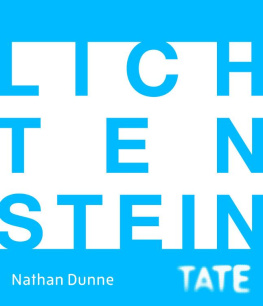
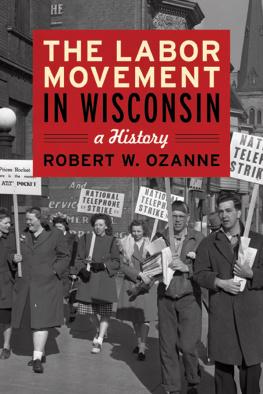
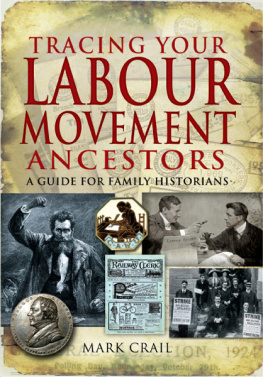
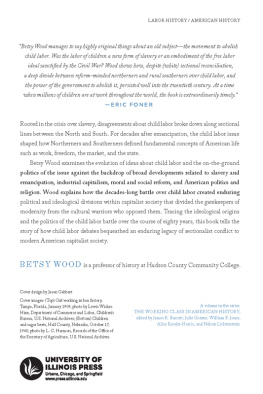
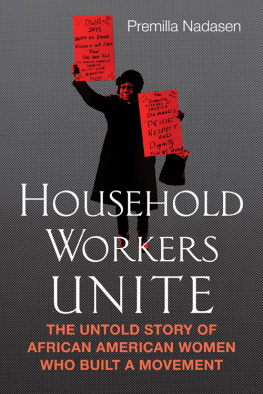
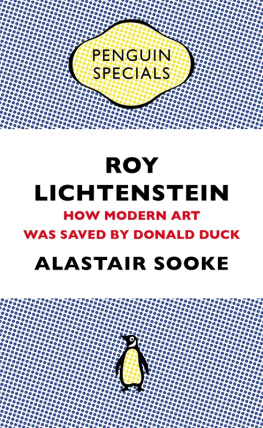
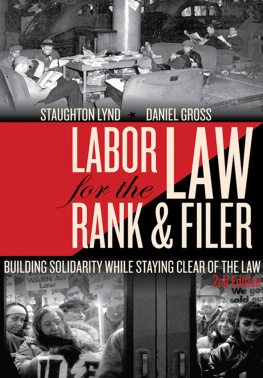

 This book is printed on acid-free paper.
This book is printed on acid-free paper.